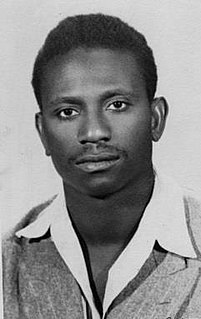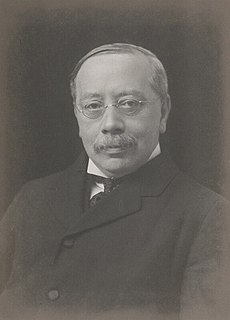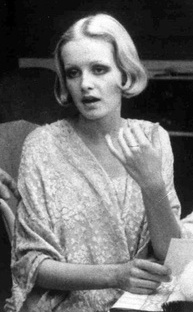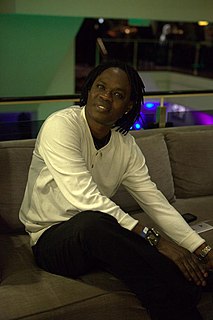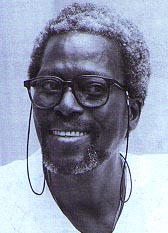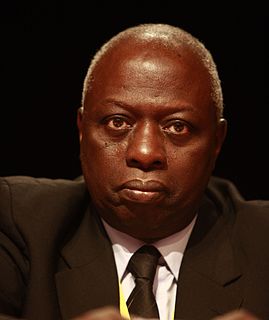A Quote by Cheikh Anta Diop
Intellectuals ought to study the past not for the pleasure they find in so doing, but to derive lessons from it.
Related Quotes
We ought not to look back, unless it is to derive useful lessons from past errors, and for the purpose of profiting by dear bought experience. To enveigh against things that are past and irremediable, is unpleasing; but to steer clear of the shelves and rocks we have struck upon, is the part of wisdom, equally as incumbent on political as other men, who have their own little bark, or that of others, to navigate through the intricate paths of life, or the trackless ocean, to the haven of security and rest.
I'm not the "not-working" type. I derive pleasure from my work. Work gives me relaxation too. Every moment I am thinking of something new: making a new plan, new ways to work. In the same way that a scientist draws pleasure from long hours in the laboratory, I draw pleasure in governance, in doing new things and bringing people together. That pleasure is sufficient for me.
Why do I think that we, the intellectuals, are able to help? Simply because we, the intellectuals, have done the most terrible harm for thousands of years. Mass murder in the name of an idea, a doctrine, a theory, a religion - that is all "our" doing, "our" invention: the invention of the intellectuals. If only we would stop setting man against man - often with the best intentions - much would be gained. Nobody can say that it is impossible for us to stop doing this.
My concern today is with the painting of manners of the present. The past is interesting not only by reason of the beauty which could be distilled from it by those artists for whom it was the present, but also precisely because it is the past, for its historical value. It is the same with the present. The pleasure which we derive from the representation of the present is due not only to the beauty with which it can be invested, but also to its essential quality of being present
